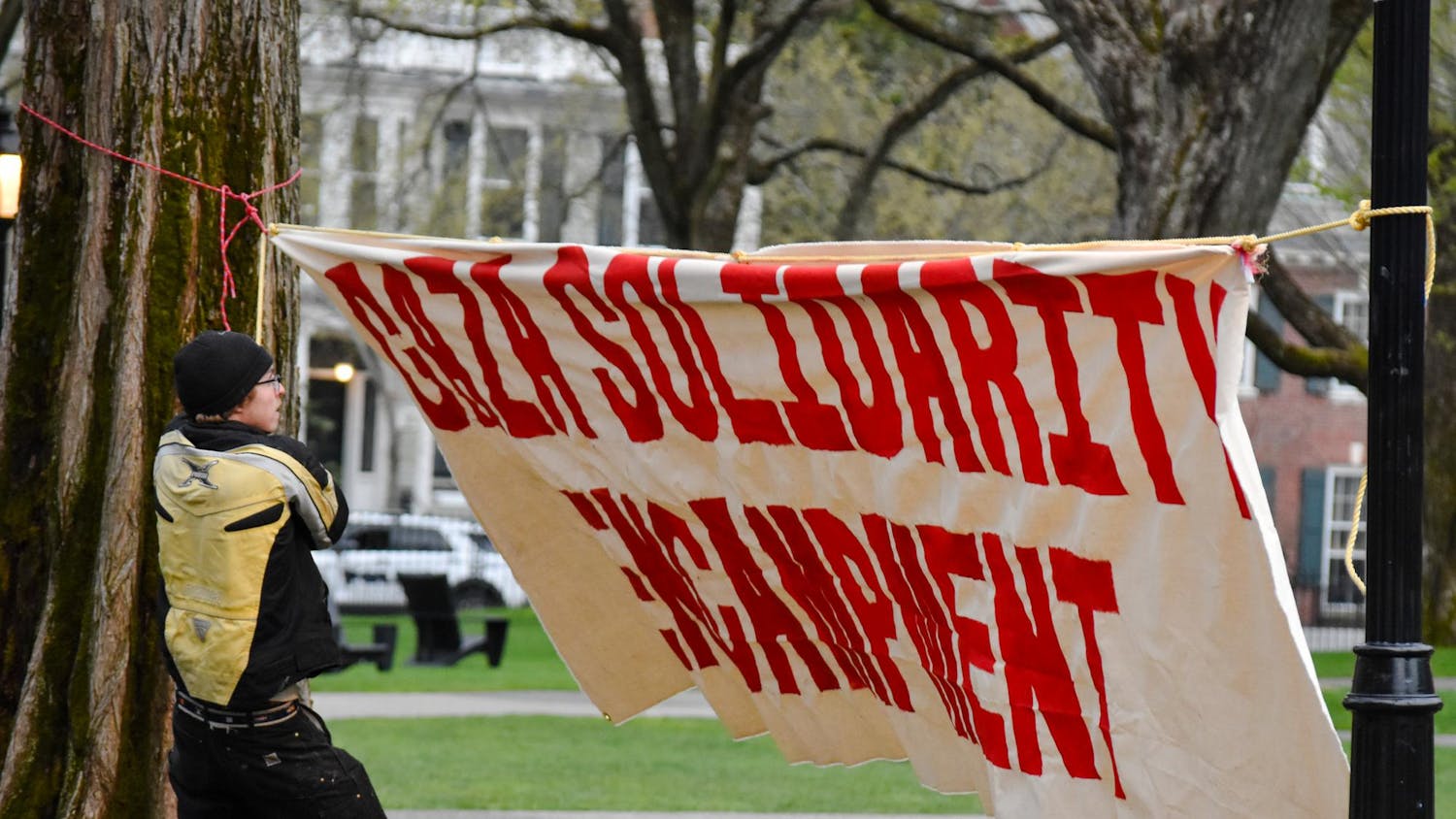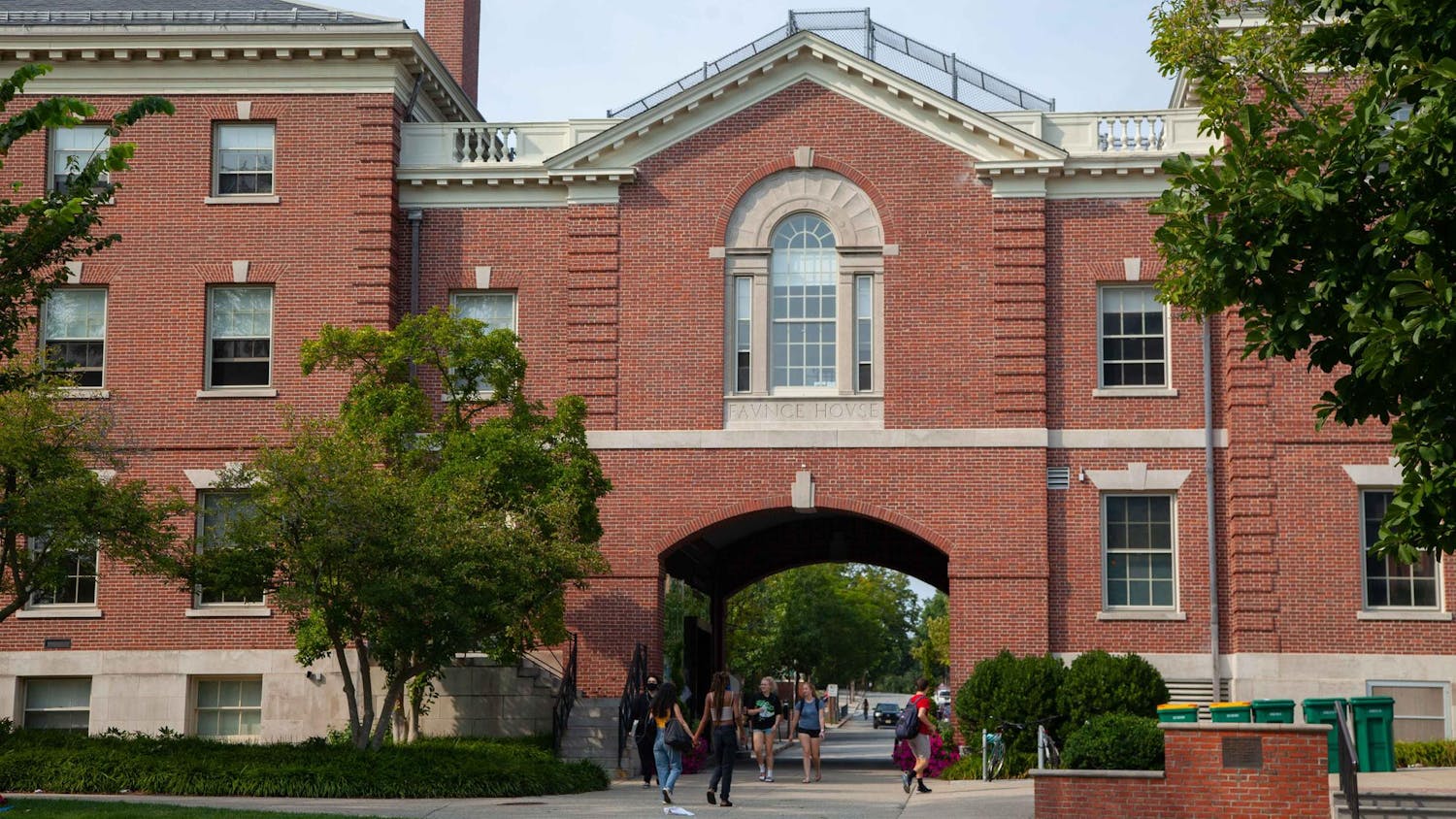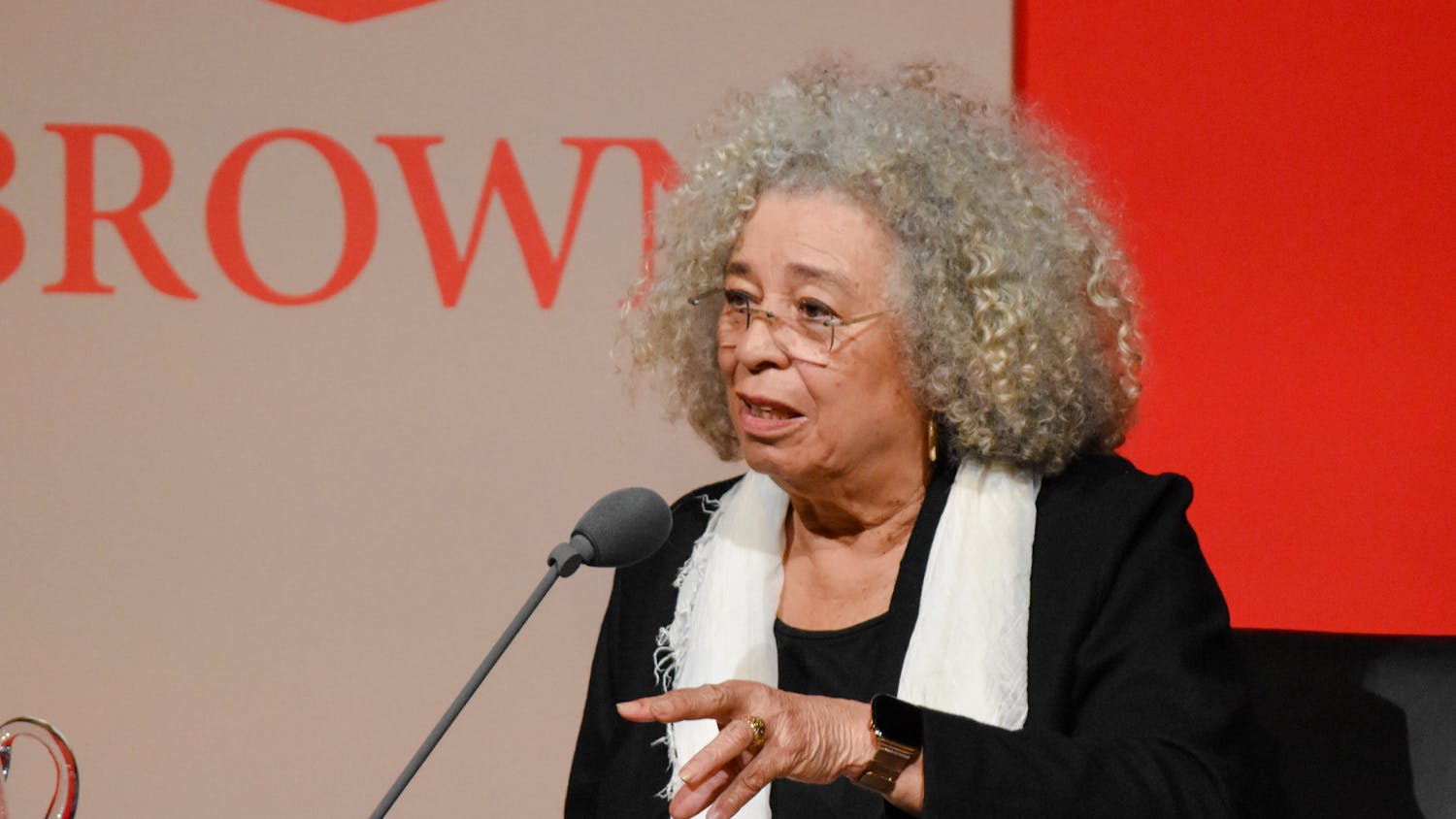Only 200 students have activated their free voicemail boxes this year, though around 4,000 are eligible to do so, said Kathy D'Aguanno, director of finance and administration for Computing and Information Services. Individual voicemail accounts are provided to each student living on campus through their residence halls.
The number of incoming and outgoing phone calls on student landlines is still significant, D'Aguanno said. In March, 19,407 calls were either dialed or received, up from 16,000 in March 2010. D'Aguanno predicts these numbers will remain consistent over the next few years, despite the growing popularity of cellphone and internet communication.
Four years ago, all students living on campus were automatically provided a voicemail box. Because students had to activate the accounts to allow people to leave messages, a large percentage of students never set theirs up. And some students who did activate theirs were unhappy because they received unwanted messages.
Telecommunications Services, a department within CIS, switched to an opt-in system for voicemail boxes in fall 2008.
"It was a lot of additional work for us to set up mailboxes for each student," D'Aguanno said.
Now to activate their free voicemail accounts, students must visit the telecommunications website and fill out a request form.
Sophia Liang '15 said she uses a landline in her room because she likes the decorative flair of her phone, which looks like a Coca-Cola can. Though Liang has not set up the voicemail feature, she said having the landline has come in handy — when someone who did not have Liang's cell phone number accidentally left keys in her room, she called Liang's room number to get them back.
Scottie Thompson '13.5 said she brought a phone to school because her mother had read that radiation from extended cell phone use may be linked to negative health consequences. "I use a landline for my longer phone calls," Thompson said, adding that she uses Skype, too, but finds her phone more convenient. Though she has activated her mailbox, she said she "very rarely" receives voicemails.
D'Aguanno said she thinks many of the students who bring landlines to school are international. But the telecommunications department cannot be sure how many international calls are made on student landlines because students often use calling cards rather than calling international numbers directly.
To communicate with his family in South Korea, Henry Kim '15 said he uses his iPhone instead of a plug-in phone. He said that if he used a calling card on a landline, the rate would only be 9 cents per minute — compared to the 15 cents per minute that he pays on his iPhone plan — but the simplicity of only carrying a cell phone makes paying the higher rate worthwhile.
Kappi Patterson '15 uses Skype and Blackberry messaging, both of which are free, to talk to her family in Botswana. With Skype, Patterson also gets the chance to see her parents' faces, she said.
Despite the low popularity of Brown's free voicemail service, D'Aguanno said she does not foresee a time when the University will cease to offer it, because it remains an important service for faculty and staff. As long as the University has a voicemail service, there is "not really a cost savings to dropping the number of mailboxes," she said.




